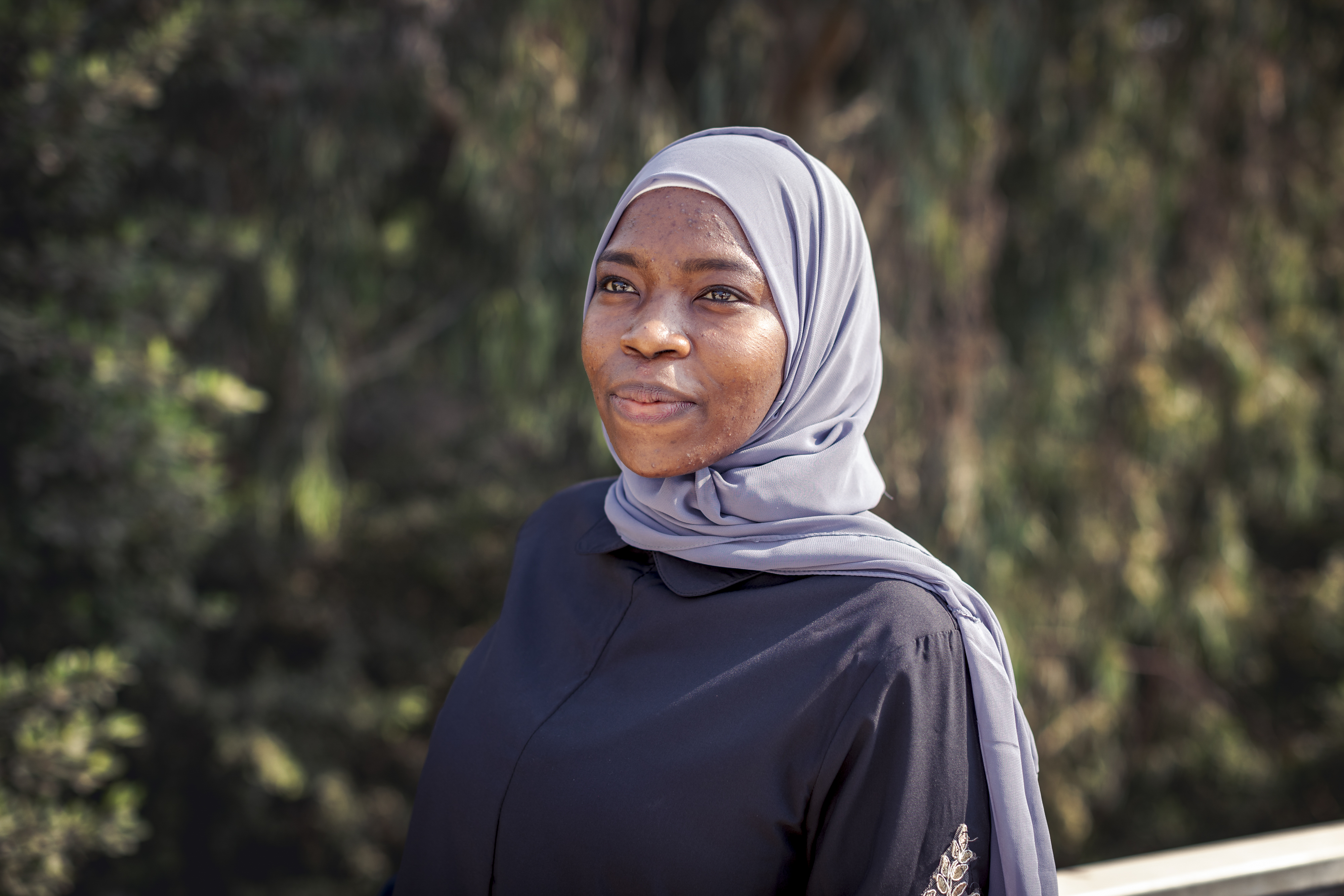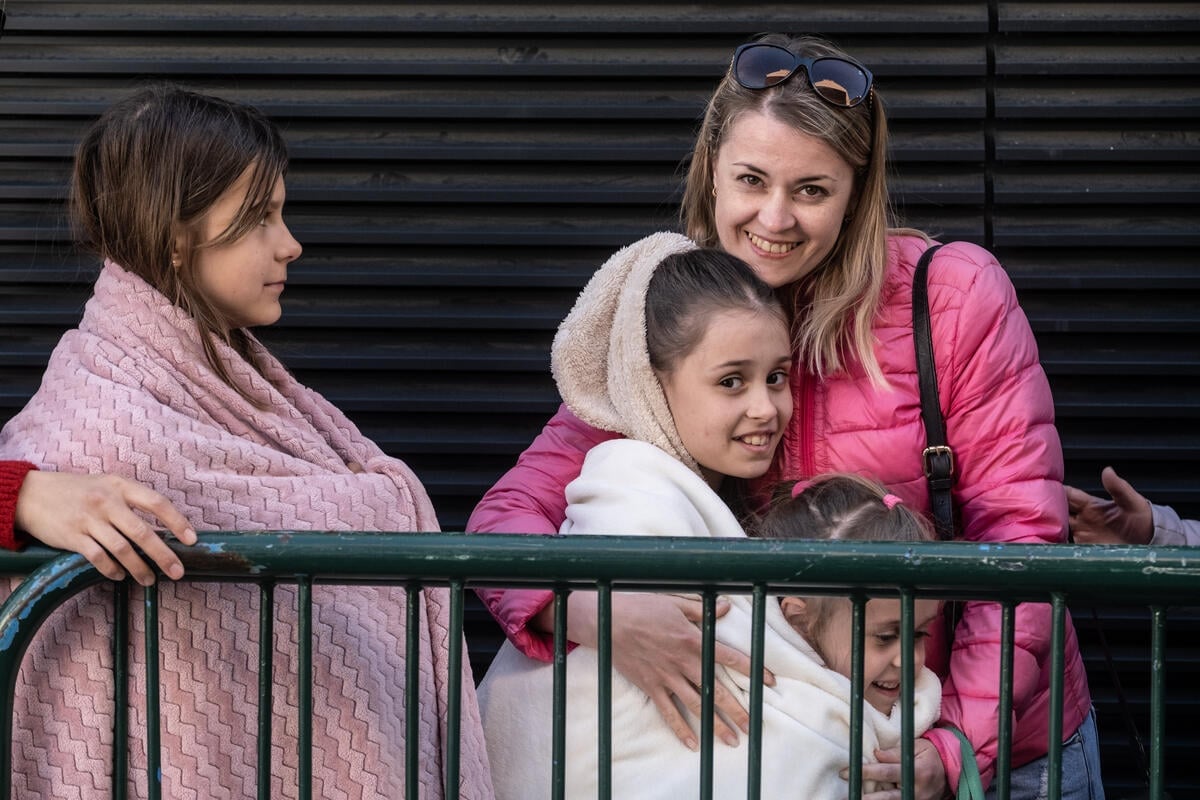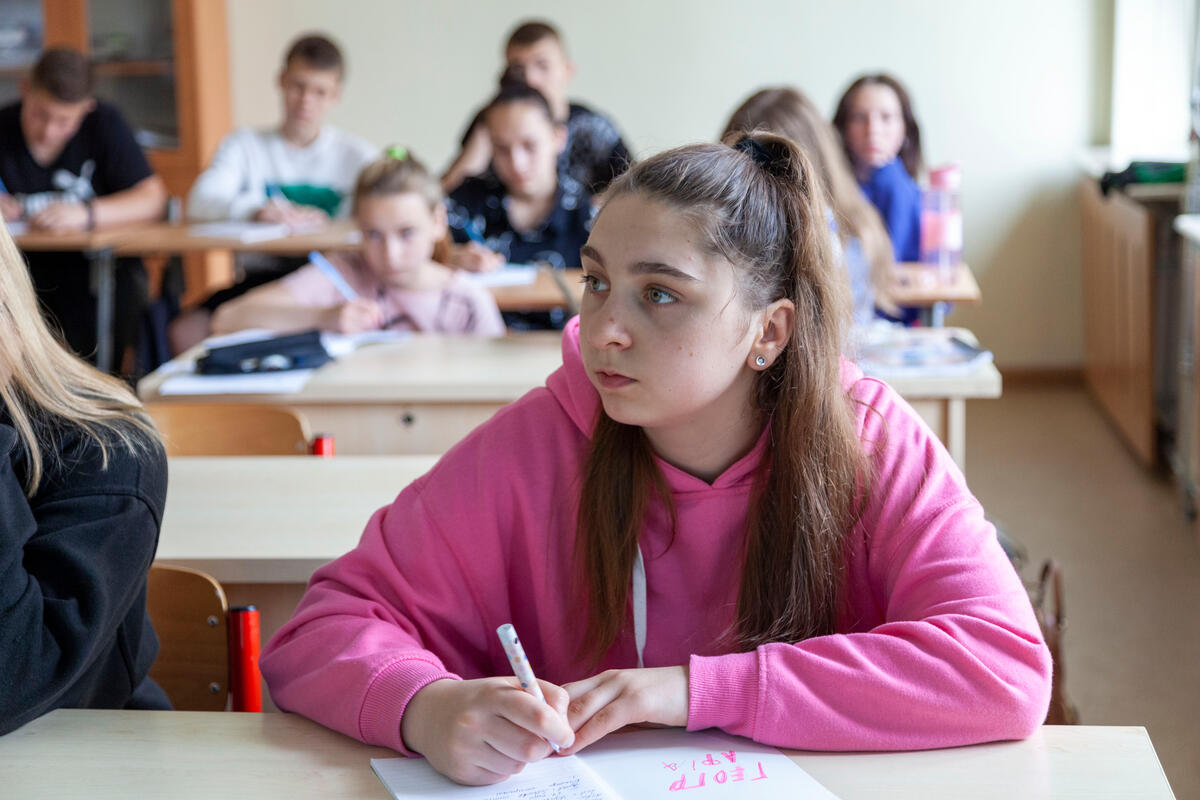Congolese students take exams in exile
Congolese students take exams in exile

BUJUMBURA, Burundi, 19 May (UNHCR) - It's 10:30 am. In the Congolese school in Bujumbura, Congolese refugee Kayago introduces himself to a primary class, writes some words on the blackboard then asks a child to conjugate the verb "read". Sitting at the back of the classroom, some examiners evaluate his performance.
This morning, the schoolyard in the Burundian capital is buzzing with some 100 young Congolese refugees. Like Kayago, they have temporarily left their camp in Burundi to take the Congolese state exam that comprises tests in oral and written French as well as practical teaching in French. This exam, which concludes six years of high school, will allow them to teach in primary school or to attend university in the event that they can go back to the Democratic Republic of the Congo (DRC).
Sixteen of the 88 candidates from refugee camps passed this exam last year. This year, UNHCR has collaborated with the Congolese school of Bujumbura and DRC national school authorities to organise the exam for the second year. An inspector came especially from Uvira in eastern DRC to bring the written exams back home for correction.
"These students are self-taught, because their schools are not officially recognized by the DRC," says the inspector. "They are generally older than the others. You know, sometimes they had to interrupt their studies ... "
But even in exile, these students have not lost their enthusiasm to learn. "The oral in French was a little difficult because in Mwaro camp, we do not have any learning and teaching materials for our preparation," says Serge, who has been a refugee in Burundi since 2002. "The only things we have are notebooks we have taken when we fled from Congo."
To prepare for the exams, the 216 students of Mwaro high school have shared the knowledge and the contents of these precious notebooks. They have created this school by themselves to continue their studies. The majority of teachers are refugees too, having worked as teachers before they fled the DRC. They are paid a token salary in the camps to teach the Congolese curriculum: French, geography, history, chemistry, biology, moral standards, English, mathematics, physics and general pedagogy. Lessons are taught in French and in Swahili, like in the DRC.
Despite the recent exams, the refugee students will still have to pass another written test in July before they can get their state diploma. Boromée Midoya, the director of the high school in Gasorwe camp, constantly reminds them to redouble their efforts to pass the final test. But their participation in this test is not at all assured because uniforms - priced at nearly US$14 - are required and the refugees cannot afford them. For the moment, UNHCR does not have the necessary funds but is in discussions with corporations and embassies to garner financial support.
To motivate his students, Midoya, who is trained in education science, tells them about their future in their homeland. "I explain to them that they are the future in the DRC. They must study seriously because tomorrow, the DRC will need intelligent and capable people."
Burundi hosts more than 28,000 Congolese refugees. Some 7,500 of them live in the camps of Mwaro in central Burundi, and Gasorwe in the north-east.
By Catherine-Lune Grayson
UNHCR Burundi









